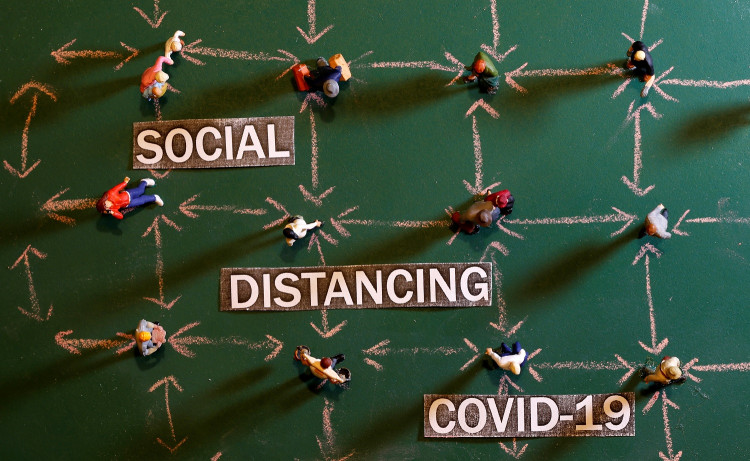After governments lifted stay-at-home orders, the world saw another surge in coronavirus cases. Now, if you found yourself in a situation where a member of the family, a roommate, or someone you live with got infected, it's important to know what steps to take to avoid spreading the virus further.
Call your doctor
Even if you're not entirely sure that the symptoms are that of COVID-19, contact your doctor still so you can ask for advice whether or not you should pursue testing. It is mandatory that everybody in the household is tested even if only one has the virus.
Isolate the sick individual
If you suspect that someone you live with has symptoms of coronavirus infection or has already tested positive, immediately isolate them fro others until the symptoms are long gone or until they test negative.
Ensure that everybody in the house wears a mask and always wash your hands thoroughly. Encourage each other to practice good hygiene and wipe surfaces constantly. Also, make sure that the isolation room has its own restroom so that the sick person won't have to use the common room.
Check your ventilation
Scientists have a reason to believe that the coronavirus could be airborne. This kind of transmission is higher indoors, especially in places with limited ventilation.
If somebody living with you has COVID-19 or its symptoms, devise a plan so that the air can circulate properly. You can open a window to disperse virus particles lingering in the air.
Always disinfect surfaces
You should also clean and disinfect surfaces that are often almost always used. High-traffic surfaces include your phone, appliances, kitchen counters, bathroom surfaces, remote controls, doorknobs, and digital devices. Use disinfectants approved by health authorities in your area and always wash your hands after cleaning.
Don't leave the house
If the person you live tested positive, there's a huge chance that you and all the other members of the house have the virus as well. Even if you feel you haven't, you still have to stay indoors since you are already exposed.
According to the WHO, the incubation period is between one to 14 days, which is the period of time you potentially caught the virus, and when the symptoms start to manifest. This means you have to isolate yourself for two weeks so you won't spread the virus to other people.
Since you can't go out, make sure to have a list of contact numbers of stores that offer take out and delivery. Once everyone in the household doesn't have symptoms anymore for at least 72 hours and have tested negative, that's the only time you can leave the house.






